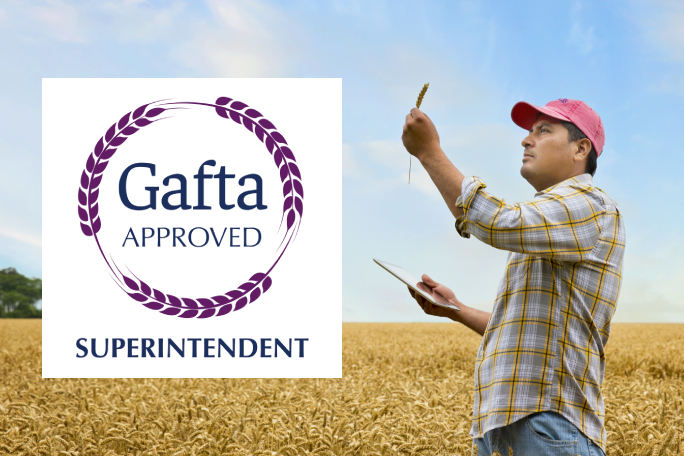
The Gafta Arbitration Rules are an important tool for the resolution of international trade disputes. They provide a streamlined and cost effective way to settle disputes, and the process is designed to be fair and impartial to both sides. Gafta Arbitration is an invaluable resource for companies involved in international trade, and understanding the rules is essential for successful dispute resolution. The rules are straightforward and easy to understand, and they provide a clear set of procedures to follow. They also allow parties to present their case to a neutral third party with the aim of achieving an equitable settlement. For those trading in commodities, the Gafta Arbitration Rules should be a top priority. With a clear understanding of the rules, companies can make sure that their rights are protected and that their disputes are resolved swiftly and efficiently.
What are the Gafta Arbitration Rules?
The Gafta Arbitration Rules were developed by the International Chamber of Commerce (ICC) to serve as a neutral and standardized procedure for dispute resolution. The rules are used across many different industries and sectors, and they are a vital asset in the resolution of international trade disputes. The Gafta Arbitration Rules are designed to be fair and impartial to both parties involved in the dispute, and they are based on the principles of natural justice. The rules provide an independent tribunal with the authority to make a binding decision on the dispute. The majority of Gafta Arbitrations are conducted according to the rules of the International Arbitration Centre of the ICC (the ICAC Rules). The ICAC Rules are a simplified version of the full ICC Arbitration Rules, and they are most appropriate for companies trading in commodities.
Benefits of Gafta Arbitration
- An efficient and cost-effective way to resolve disputes
- Gafta Arbitration has been designed to be efficient and cost-effective. The rules provide a streamlined and straightforward procedure which is designed to be fair and impartial to both parties.
- Offers an unbiased and objective decision
- -Gafta Arbitration is an independent and impartial way to resolve disputes. The arbitrators are neutral third parties who are appointed based on their experience and expertise. The decision is binding and enforceable by a court of law, which ensures fairness and consistency in decision making.
- An opportunity to clarify issues and resolve disputes - Parties to a Gafta Arbitration are free to negotiate the issues to be resolved by the Arbitration. This allows parties to clarify issues that remain unclear after the conclusion of a contract.
- No legal representation is necessary
- Gafta Arbitration is a non-adversarial process. Parties are not required to hire specialist legal representation, and they are represented by their own appointed representatives.
- No strict jurisdiction requirement
- Gafta Arbitration is not bound by strict jurisdiction requirements, meaning that parties can choose the location of Arbitration based on convenience, fees, and expertise. - Advantages for small businesses
- Small businesses are often not able to afford the high costs of legal representation for a dispute. Gafta Arbitration provides businesses with a cost-effective and efficient way to resolve disputes.
Gafta Arbitration Procedure
The procedure for Gafta Arbitration is straightforward and can be completed quickly and efficiently. Parties are encouraged to reach an agreement on the terms of Arbitration before the Arbitration begins, which can save time and money. Arbitrators are unlikely to accept any changes to the terms of Arbitration once they have been chosen, and they are unlikely to accept any changes to the rules of Arbitration either.
- The appointment of Arbitration - The party initiating Arbitration must select and request the appointment of Arbitration. Dispute resolution agreements are commonly drafted in such a way that the party initiating Arbitration has a free choice of Arbitration.
- Appointment of Arbitration
- The other party is obliged to appoint Arbitration by a set date. The appointment of Arbitration is a standard part of the Gafta Arbitration Rules. - Scheduling of Arbitration
- Usually, Arbitration is scheduled to start within four months of the appointment of Arbitration. This allows sufficient time for both parties to prepare for Arbitration.
- Hearing of the Arbitration
- The hearing is held according to the date and time scheduled for Arbitration. During the hearing, parties present their case and evidence to the Arbitration.
- Completion of the Arbitration
- After the hearing, the Arbitration completes its work. The Arbitration then prepares a report and a recommendation of the case. The report is sent to both parties, and the parties have 30 days to review the report.
